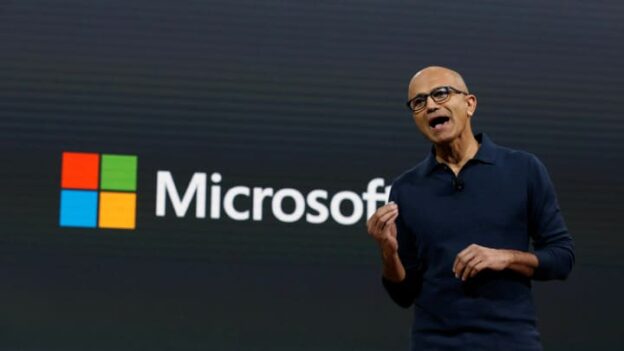With OpenAI transitioning to a for-profit model and Microsoft Corporation (MSFT, Financial) unveiling ambitious plans to compete with Apachewhich now boasts a market capitalization of $3 trillionboth companies are undergoing significant structural changes. These developments coincide with Bloomberg Intelligence projections, which estimate the generative AI market will expand at a compound annual growth rate (CAGR) of 42%, reaching $1.3 trillion by 2032, up from $40 billion in 2022.
The resulting rapid growth can be attributed to exploding demand for AI applications particularly in cloud infrastructure, digital advertising, and focused software. According to the report, generative AI will make up 10 percent of global IT spending by 2032, with IT infrastructure service, AI servers, and software rated as the top revenue streams. Microsoft, Nvidia, and Google are all giants that are well-placed to exploit this market shift as enterprises move workloads to the cloud.
But the emergence of generative AI threatens to rock sectors of hardware, semiconductors, and even IT services. For example, this evolution for businesses speaks to those companies that should focus on high-value AI strategies that are industry-appropriate, e.g., multifrontal AI, and customer experience augmentation.
In a blog post, Vice President of Strategic Industries Carrie Tharp discussed that generative AI is no longer futuristic but has found its place in business innovation. Today, AI is being used by industries such as retail, financial services, and healthcare to personalize customer engagement, detect fraud, and improve operational efficiency.
Attending to these developments, however, the challenge of addressing ethical concernssuch as deepfake defenseis more urgent than ever as the AI ecosystem accelerates.
https://finance.yahoo.com/news/microsoft-openai-adapt-1-3-143917359.html





